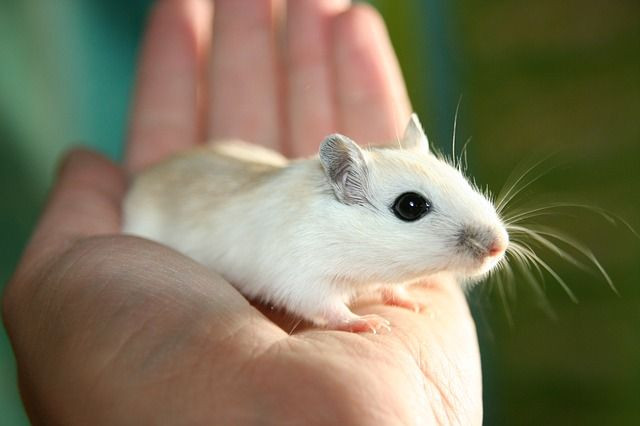Parkinson’s Disease Treatment Reverses Symptoms In Mice, Increases Dopamine Receptors

A potential new Parkinson’s disease treatment has improved, and at times reversed, symptoms of the disease in mice. The therapy essentially reprograms brain cells to make up for cells lost to the disease. Although the research is still new and has never been tested in human subjects, scientists are hopeful that it may be the first step toward a cure for a disease that eventually causes severe disability.
According to a study, now published online in Nature Biotechnology, the research involves using small molecules to reprogram existing brain cells to take over the job of brain cells destroyed by the disease, The BBC reported. When these molecules are mixed with brain cells, they cause one type of cell, called astrocytes, to transform into a near-identical match of dopamine neurons, a type of cell destroyed by Parkinson’s disease. In the study, five weeks after the molecules were added to the to brains of mice with Parkinson’s, disease symptoms lessened. According to State News, within 15 weeks of receiving this treatment, once-sick mice now had abundant dopamine receptors.
Read: What Causes Parkinson’s Disease?
Lead researcher Ernest Arenas told State News that these results suggest that “direct reprogramming [of brain cells] has the potential to become a novel therapeutic approach for Parkinson’s.”
Parkinson’s disease a progressive nervous system disorder that gradually affects patients’ movement and speech. The brains of Parkinson’s disease patients have significant deficiencies of dopamine-producing neurons. Dopamine plays an important role in body movement, and as a result, patients slowly lose control of their motor function, Healthline reported. According to the Mayo Clinic, there is no cure for the disease, and current treatment aims to lessen symptoms. The disease itself is not fatal, but symptoms can often lead to life-threatening accidents, such as severe falls.
The research is still in its infancy, so it’s unclear whether these results can be replicated in humans. However, the team plan to explore this possibility in future studies.
Source: di Cal Cervo P, Romanov RA, Spigolon G, et al. Induction of functional dopamine neurons from human astrocytes in vitro and mouse astrocytes in a Parkinson’s disease model. Nature Biotechnology . 2017
See Also:
Symptoms Of Parkinson’s 2016: Early Warning Signs Of The Disease
Parkinson's Disease Vs. Essential Tremor Early Symptoms, How They Differ
Published by Medicaldaily.com



























